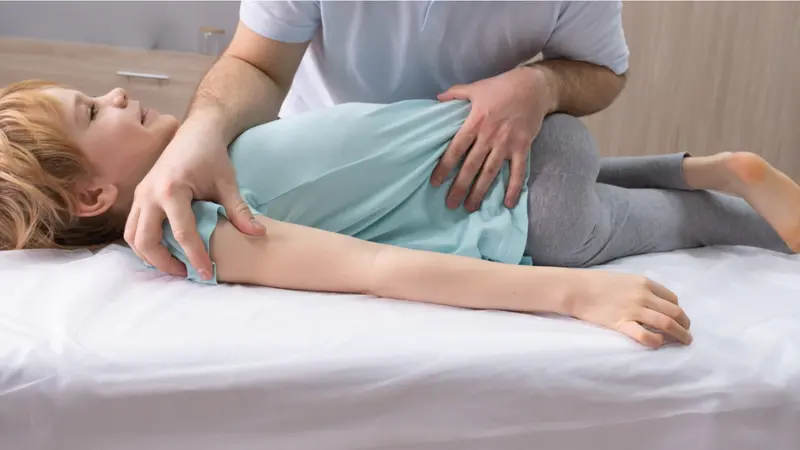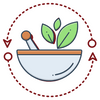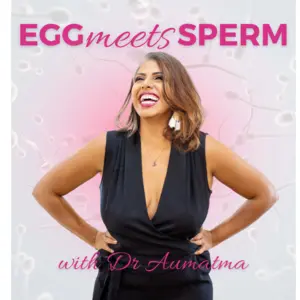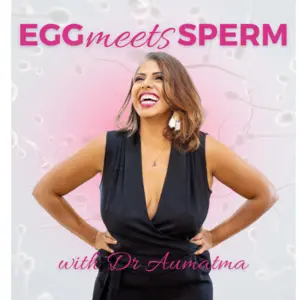

Complementary and Alternative Medicine (CAM)

Complementary and Alternative Medicine (CAM)
Children and Complementary Health Approaches
The use of complementary health approaches for children is quite common and their use by children has been increasing.
The Centers for Disease Control and Prevention (CDC) oversees the annual National Health Interview Survey (NHIS). The NHIS has been the principal source of information on the health of the population of the United States since 1957. Survey results have been instrumental in providing data to track health status, health care access, and progress toward achieving national health objectives.
The NHIS began periodically asking about the use of complementary health approaches in 2007. The 2012 survey included more than 10,000 children aged 4 - 17 years old. That survey found that 11.6% of children had used or been given some form of complementary health product or practice during the past year. The 2017 study was more narrowly focused on specific complementary approaches. The NHIS found that the use of yoga more than doubled and percentage of children meditating had increased almost tenfold from 2012 to 2017.
The NHIS surveys identified the following as the most common uses of complementary approaches by children:
- Natural dietary supplements, other than vitamins and minerals (e.g., fish oil, melatonin, probiotics)
- Chiropractic or osteopathic manipulation
- Yoga, Tai Chi, or Qi Gong
- Deep breathing
- Homeopathy
- Mediation
These approaches were most often used for back or neck pain, other musculoskeletal conditions, head or chest colds, anxiety or stress, ADHD or ADD, and sleeping disorders.
Other studies show that children who use or are given complementary health approaches vary in age and health status. Examples include:
- About 10% of infants are given teas or botanical supplements, usually for fussiness or stomach problems.
- About 40% of children aged 2 - 8 years old are given vitamin or mineral supplements.
- Teens are likely to use products that claim to improve sports performance, increase energy levels, or promote weight loss.
- Children with chronic medical conditions (e.g., anxiety, musculoskeletal conditions, recurrent headaches) are more likely than other children to use complementary health approaches, usually along with conventional care.
Be aware of the risks to children from dietary supplementation. One-fifth of the 23,000 emergency visits annually from taking dietary supplements are for children. These visits by children include taking a vitamin or mineral when unsupervised (child-resistant packaging is not required), contaminated supplements, and teens and young adults with heart problems from taking weight-loss or energy products. Due to their size and stage of development, children are more vulnerable to allergic reactions from taking dietary supplements.
While use of complementary health approaches by children is growing, there are not many studies about their safety and effectiveness for this age group. It is important to discuss the use of complementary health approaches with a child's primary care practitioner to help ensure coordinated and safe care. Like the use of prescribed pharmaceuticals, do not increase the dose or duration of complementary treatments for children beyond what is recommended; more is not necessarily better.
REFERENCES
National Center for Complementary and Integrative Health. (2017, March). Children and the use of complementary health approaches. U.S. Department of Health and Human Services. National Institutes of Health. https://www.nccih.nih.gov/health/children-and-the-use-of-complementary-health-approaches


 By
By







